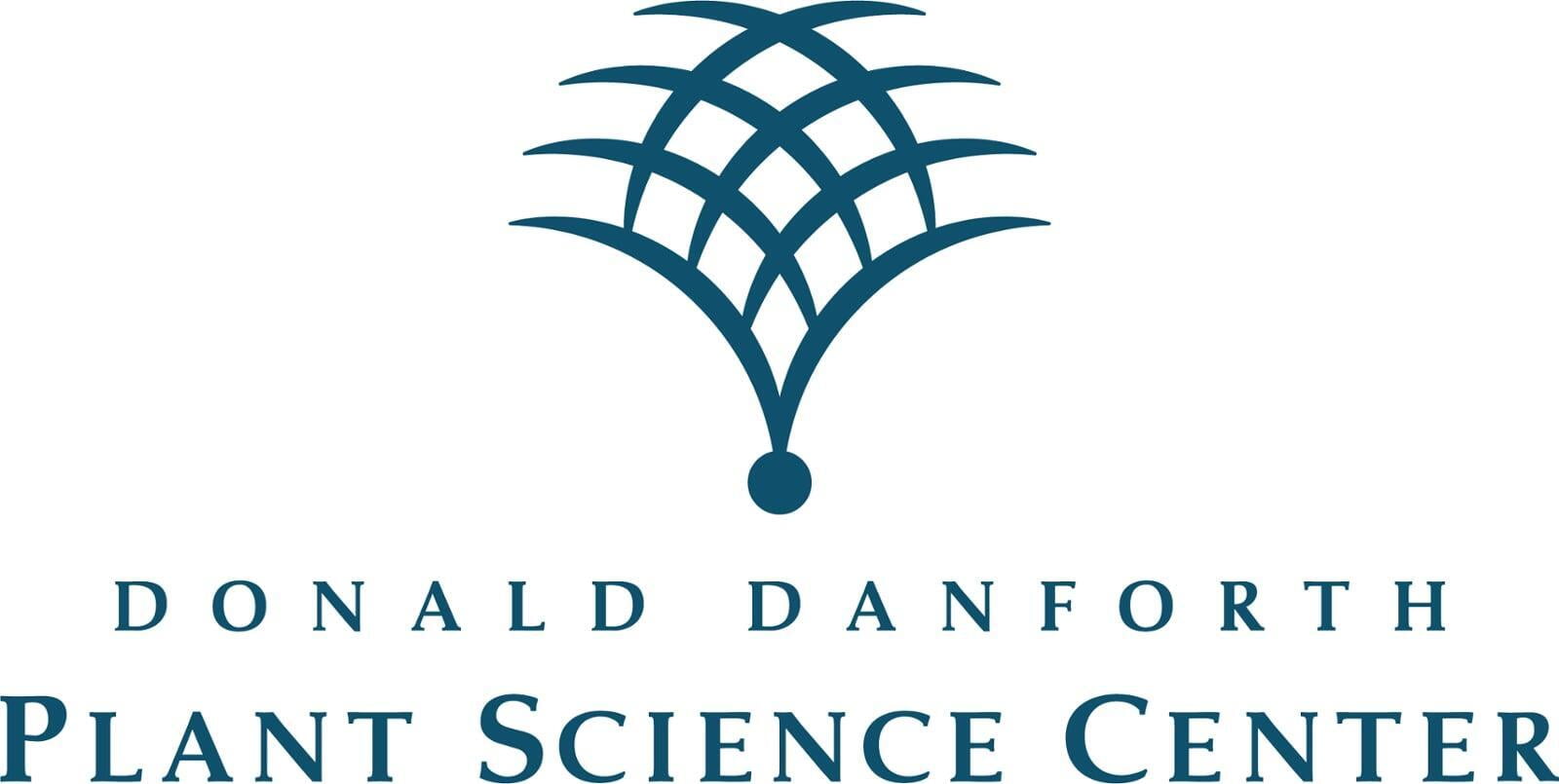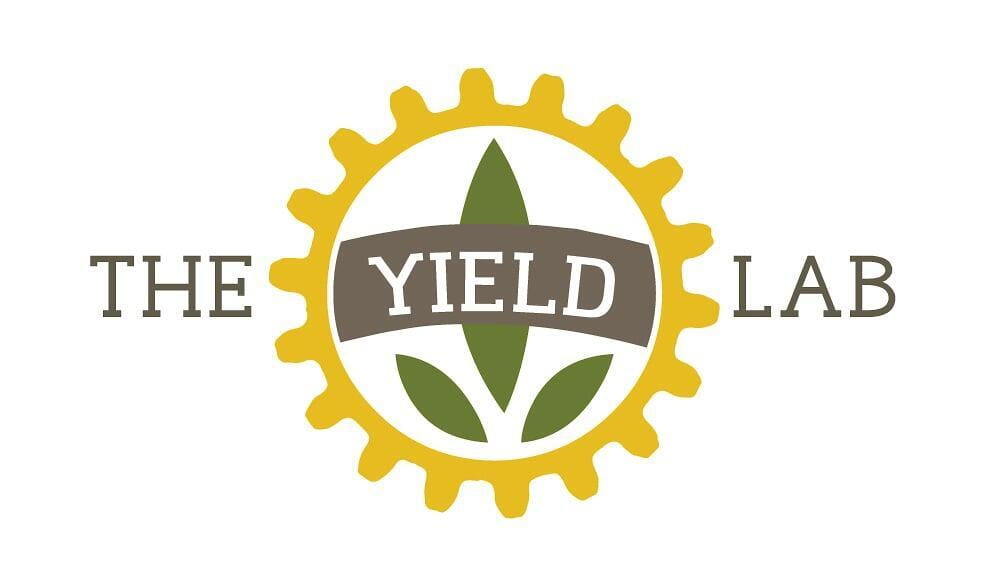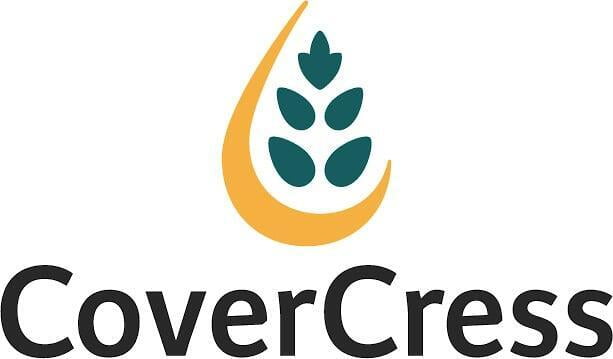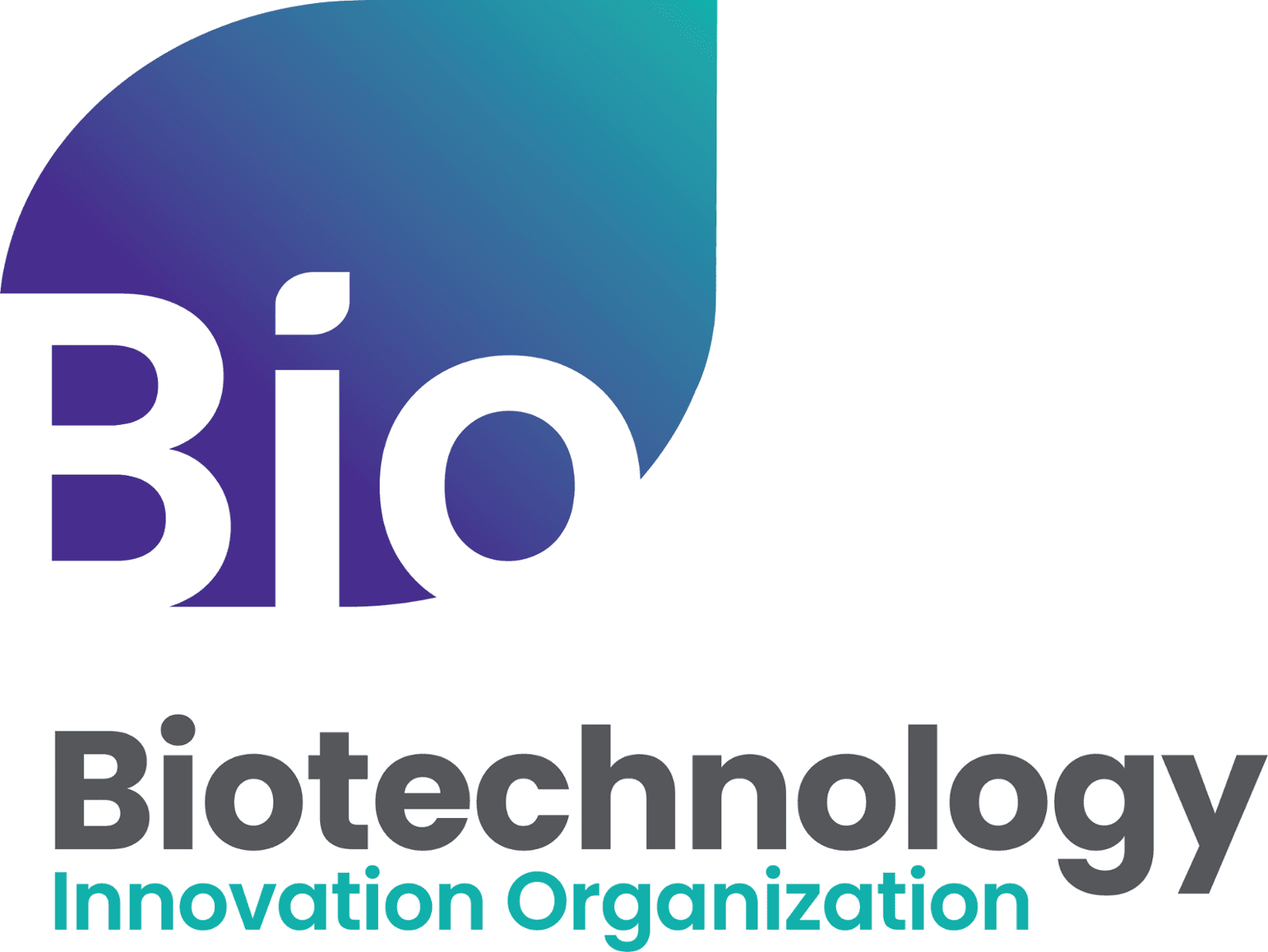Creates provisions relating to required disclosures for certain products
House Committee Substitute for HB 1169 -This 03/28/23 version was drafted and circulated to committee members, but has not been offered into any official status yet.
Missouri State Representative Holly Jones, HB 1169 Bill Sponsor
District 088
Republican
Elected: 2022
Years Served: 1
Hometown: Eureka
Counties: St. Louis
Capitol Address
Address: MO House of Representatives
201 West Capitol Avenue
Room 115-A
Jefferson City MO 65101
Biography
State Representative Holly Jones, a Republican, represents part of St. Louis County (District 88) in the Missouri House of Representatives. She was elected to her first two-year term in November 2022.
In addition to her legislative duties, Jones works as the Business Manager for Renz Law LLC. She is also the VP of Wellness Development for Nepute Wellness Group.
A graduate of Washington High School, Jones attended Southwest Missouri State University.
Born in St. Louis, Jones now resides in Eureka with her husband, John. She has two stepchildren.
MOBIO Position On HB 1169 - Opposition
Revised 3/4/2023
The Missouri Biotechnology Association respectfully expresses our serious opposition to HB 1169. Our concerns include the following:
· HB 1169 is unnecessary, as federal law and jurisdiction are already in place.
· HB 1169 comingles and convolutes established scientific processes that already have investigational, clinical, and regulatory meanings, which will set Missouri statutes at odds with other states, the federal government, and foreign trade partners.
· HB 1169 will have a chilling effect on how we market Missouri as a welcoming biosciences ecosystem.
· HB 1169 enables provisions that will open the floodgates on proprietary disclosures, harming researchers, biotech start-up entrepreneurs, and Missouri bioscience employers.
Initiating a state labeling mandate that leverages vaccine hesitancy while needlessly stoking the public's food fears and scaring consumers is irresponsible.
Our US Congress passed federal legislation in 2016, originally sponsored by Congressman Mike Pompeo of Kansas, to avert what it feared would be a patchwork of inconsistent state-by-state regulations across our country. This national interstate commerce standard under the United States Department of Agriculture (USDA) also bans and preempts individual state labeling laws on food products. That seven-year-old law of the land already directs food manufacturers on the different regulatory pathways - including organic, natural, and genetically engineered.
All citizens desire that products in our food supply chain are regulated appropriately for safety and efficacy claims that can be scientifically evaluated and/or validated. The USDA and the Food and Drug Administration (FDA) are the world's gold evaluation standards. Collectively, we should be united on strengthening the scientific depth and expertise at these important agencies.
In 2019, the United States Department of Agriculture announced it was moving two of its key agencies' headquarters to Missouri. USDA's Economic Research Service and the National Institute of Food and Agriculture's headquarters are located at 805 Pennsylvania Avenue in Kansas City, Missouri. More than 500 new jobs shifted from the nation's capital to the heartland. HB 1169 could be seen as an affront to that decision to relocate to our state. At a minimum, it will be seen as a lack of understanding by Missouri of the USDA's appropriate role and importance.
In terms of economic development, House Bill 1169 would be a major disqualifier for any plant science company looking to locate in Missouri. Site locators must be able to recommend that Missouri has the right business environment, with the appropriate respect and understanding for plant science researchers.
Lumping together overly broad definitions for the terms "gene therapy product" and "genetically modified" is an overreach that will negatively impact many constituencies.
For example, Missouri's corn and soybean row crop farmers utilize genetically modified seed in over 90% of their plantings. Farmers make seed decisions and purchases around the first of each calendar year. An unintended consequence of having this or any Missouri harvest segregated from export markets could hurt Missouri farmers, which is the critical driver for much of Missouri's rural economy, an agricultural industry valued at $94 billion for Missouri. The agtech workforce consists of more than 460,000 Missourians, as presented by the Missouri Partnership.
Missouri policymakers should be embracing the scientific and medical advancements behind gene therapy products and Missouri's role in contributing to this scientific knowledge base. In addition, Missouri policymakers should be aware that biosciences have been one of the state's top economic and strategic sectors for the last two decades, delivering that new economic growth to our state.
MOBIO provides additional information for your situational analysis. We hope it is helpful.
Thank you for allowing us to share the policy ramifications of HB 1169.
Scientific Processes Discussed
Gene Therapy Background information
According to the FDA, gene therapy is the administration of genetic material "to modify or manipulate the expression of a gene product or to alter the biological properties of living cells for therapeutic use."
At the end of 2022, the FDA approved 27 products. This first round of gene therapy products has enabled us to reprogram a patient's own cells to attack deadly conditions like advanced-stage cancer, blindness, and spinal muscular atrophy. In addition, gene therapy products aim at curing, and often their patient populations target rare diseases or inherited disorders.
Gene therapy products in the pipeline are robust: the FDA expects 200 investigational new drug applications per year, by 2025, it expects to approve between 10 and 20 gene therapy products per year. However, gene therapy products are expensive, with public reports revealing costs of several hundred thousand dollars to over $2 million per dose. Gene therapy clinical success also faces a constant hurdle in targeting specific tissues without triggering an immune response.
mRNA Background information
The severe acute respiratory syndrome coronavirus 2 (SARS-CoV-2) pandemic, as of August 26, 2022, has led to over 599 million cases of COVID-19, including 6.4 million deaths worldwide. Additionally, John Hopkins Coronavirus Resource Center reports Missouri had 1.7 million confirmed cases and 22,870 deaths to (or with) Covid.
mRNA biology is referred to as the blueprint for all protein synthesis, using cell biology to activate immune systems. mRNA has inherent safety features as it does not self-replicate, mRNA does not enter the nucleus or integrate into the patient's DNA, and the manufacturing process is cell-free and contains no human or animal products.
This time, three years ago, President Trump had not even announced Operation Warp Speed. In the US, six to seven different technologies were pursued non-replicating viral vectors, adenovirus viral vector, spike protein nanoparticles, immune response therapies, protein cell lines, and of course, mRNA technologies, which ended up getting significant attention.
Messenger RNA, or Messenger Ribonucleic acid, or mRNA, is a type of single-stranded RNA involved in protein synthesis. The mRNA companies detailed in their applications that the mRNA remains in the cytoplasm (a cell's watery interior) until eliminated by natural mRNA decay; to alter the DNA, it would need to both access the nucleus and be reverse transcribed; the mRNA contains no nuclear access signals; and there are no known reverse transcription sites.
Food And Agriculture
In 2016, the provisions of US House Bill 1599, the bipartisan Safe and Accurate Food Labeling Act, authored by Representatives Mike Pompeo (R-KS) and G.K. Butterfield (D-NC) became law and established a labeling solution that addressed consumer questions about food safety, provided consistency with regard to the GMO labeling of food and eliminated the difficulties of state-by-state labeling.
Genetically modified organisms — GMOs — are a major topic of discussion, and have been for several decades. Across our society, social media and the internet, a growing number of people have shared a wide range of questions and emotions on the topic – ranging from excitement and optimism to skepticism and even fear.
The website GMO Answers was created to do a better job answering those questions — no matter what they are — about GMOs. The biotech industry stands 100 percent behind the health and safety of the GM crops on the market today, but we acknowledge that we haven’t done the best job communicating about them – what they are, how they are made, what the safety data says.
This website is the extension of that conversation among everyone who cares about how our food is grown. Join us. Ask tough questions. Be skeptical. Be open.
The biotechnology industry supports greater public education and engagement about GMOs and is committed to a transparent dialogue with the public about how our food is grown, particularly the application of genetic engineering and the production of agricultural crops and foods.
GMO Answers directly engages consumers to provide information directly to consumers so they can make up their own minds about GMO's with the facts in hand.
More than 200 experts have contributed to this site including independent experts in leading academic institutions, industry groups and representatives from member companies.
Genetically modified organisms," or GMOs are a direct target of HB 1169. This proven technology enables farmers to improve crop production with less inputs and with a significant reduction in environmental impact.
The bill language introduced spills over into the GE/GMO food and uses incredibly broad definitions of "gene therapy" products, and "genetically modified” processes. These state definitions are not consistent with federal definitions, and the state is preempted from this treatment. (See page 49 of attachment the USDA direction to Governor Nixon)
As public policy, we should not be trying to undermine consumer confidence in America’s food supply and its producers, by interjecting state by state food warnings that do little to educate consumers with consistent information.
Key Takeaways
- HB 1169 is unnecessary, as federal law and jurisdiction are already in place.
- HB 1169 comingles and convolutes established scientific processes that already have investigational, clinical, and regulatory meanings, which will set Missouri statutes at odds with other states, the federal government, and foreign trade partners.
- HB 1169 will have a chilling effect on how we market Missouri as a welcoming biosciences ecosystem.
- HB 1169 enables provisions that will open the floodgates on proprietary disclosures, harming researchers, biotech start-up entrepreneurs, and Missouri bioscience employers.
Take Action
Express your opinions to MOBIO, so that we might share your view with the General Assembly.








